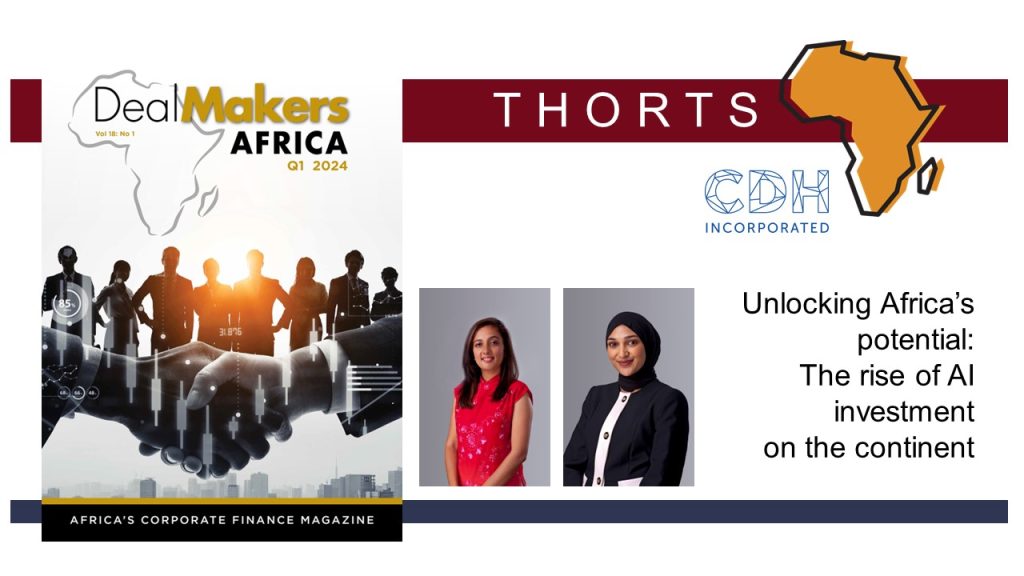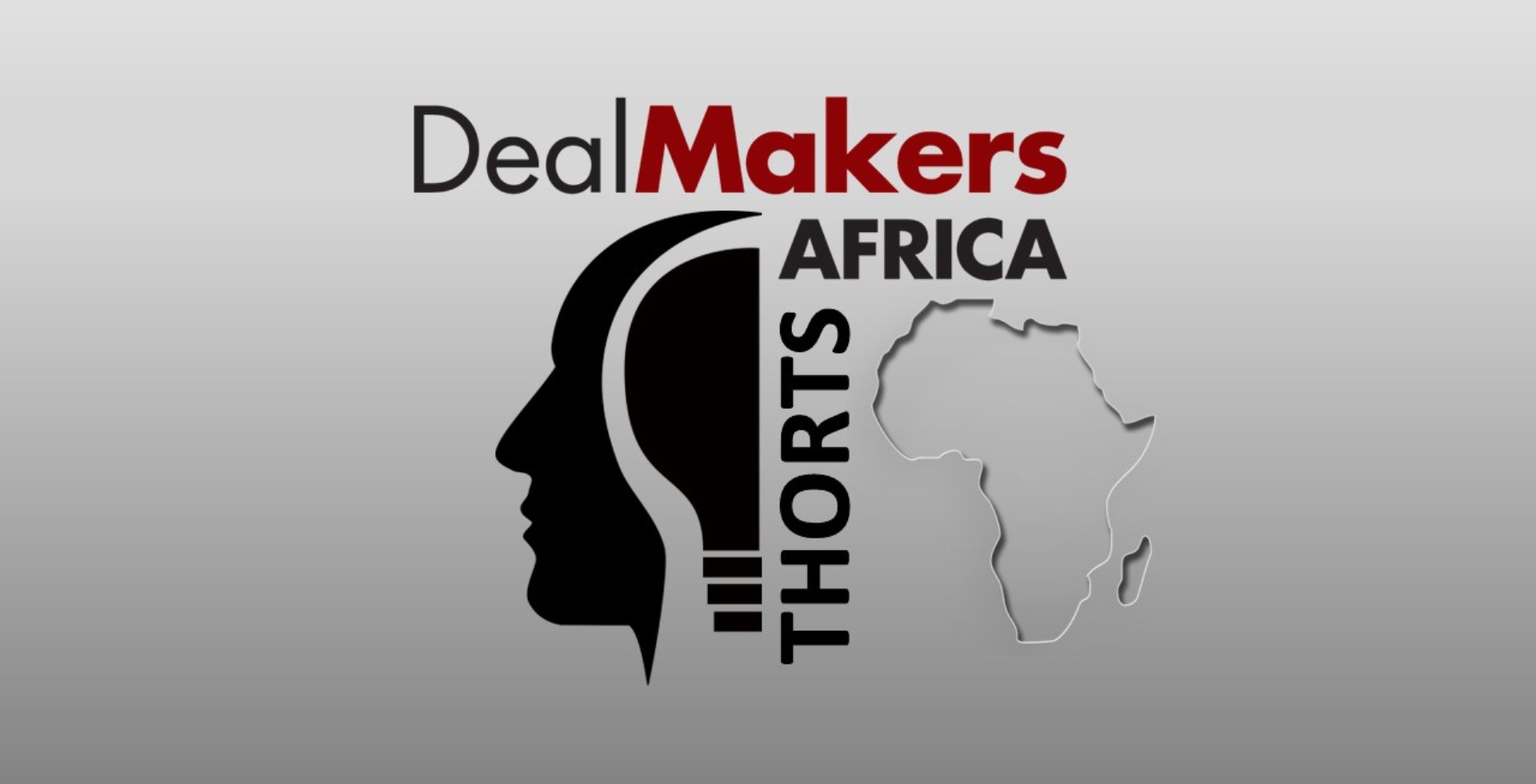Investing in Artificial Intelligence (AI) technologies is no longer a luxury. It is a necessity to make sure countries are prepared for the changes and challenges that lie ahead.
In the dynamic landscape of technological innovation, AI stands out as a transformative force with seemingly endless potential.
Lloyd’s Register Foundation conducted a study in 2021, to assess whether people across the world believed that AI would hurt or help. African participants in the survey expressed significant scepticism, with some regions in Africa indicating concerns that AI would prove to be dangerous. This scepticism is perhaps not unfounded when considering that similar reservations have been expressed by the likes of Stephen Hawking about the possibility that AI will outwit and oust humans altogether over time.
Notwithstanding any scepticism, experts concur that AI will be transformative, and is here to stay. In Africa, the use of AI tools is currently more likely to be embedded in broader technology solutions to address civic and socio-economic imperatives. In line with this, several key investments were made in AI across Africa, in 2023 and 2024, with a focus on sectors such as healthcare, agriculture, finance and education.
While these investments are a positive indicator, it is important to note that Africa is still contending with a digital literacy divide. Statista reports published in 2024 indicate that the highest level of internet penetration in Africa is in Morocco, at 91%, and the lowest level of internet penetration is a startling 10.6% in the Central African Republic. This digital divide is likely to continue to affect the prospects of AI investment in Africa, with more investments being focused on territories where there is access to internet connectivity, and where there are higher levels of digital literacy across the citizenry. The unfortunate result of this is that the countries that are most in need of AI tools that can improve their lives are unlikely to be the recipients of these technology developments without investment in reducing the digital divide at the outset.
In its Heartbeat report on the TOP AI companies in Africa in 2023/2024, Sovtech found that the global AI market was valued at “$428 billion and is projected to escalate dramatically from $515,31 billion in 2023 to an astounding $2025,12 billion by 2030”. In terms of Africa, it reports a startling contrast for the AI market in Africa, which was only projected to reach “$5,20 billion in 2023, with an expected annual growth rate of 19.72% leading up to 2030, culminating in a market volume of $18,33 billion”.
These statistics provide a positive outlook that the use of and investment in AI is likely to grow substantially in Africa and the rest of the world, albeit disproportionately.
Chat GPT and Gemini have dominated the headlines as AI tools suited to mainstream use; however, the use of AI has far more novel and extensive uses in various other industries across Africa.
Cliffe Dekker Hofmeyr’s Pro Bono and Human Rights practice has been involved in supporting and advising Kwanele, a non-profit organisation that has integrated an AI chatbot into an app that will support victims of gender-based violence to get the necessary guidance and assistance from any location in South Africa.
Some other notable developments are highlighted below, with reference to various industries in Africa that have already been the beneficiaries of AI investments.
AGRICULTURE
In 2023, KaraAgro reported on an AI project empowering Ghanaian cashew farmers by employing unmanned aerial vehicles equipped with AI-driven disease detection capabilities. These aerial robots meticulously collect data from the leaves, stems, and trunks of cashew trees. By identifying pest and disease symptoms before they become visible, farmers can take timely action to prevent serious crop damage. Another AI initiative predicts post-harvest shortages and excesses; this technology aims to improve the prediction models for crop yield, supporting greater food security for Ghana and the broader region. Given the unpredictability inherent in managing smallholding farms, the project will assist farmers to gain a more sustainable income. These innovative AI solutions hold promise and are key developments in the areas of agricultural productivity and food security, directed to enhance crop monitoring, pest control and yield optimisation, addressing food security challenges across the continent.
FINTECH
The use of AI has flourished in the fintech industry, where investments in AI-based fintech solutions have expanded to provide access to financial services, improve credit scoring, and combat fraud in the banking and financial sectors. Sygnia Itrix FANG reports that it has taken the initiative to allow South African investors to align with the Johannesburg Stock Exchange’s first AI-focused, actively-managed, exchange-traded fund, and secure access to high-growth technology and AI stocks at the touch of a button.
EDUCATION
In the education sector, AI-driven educational tools and platforms have been implemented to enhance learning outcomes, personalise learning experiences, and develop skills for the future workforce. Mtabe, an education-tech start-up uses AI to provide personalised learning to students in Tanzania by analysing every student’s learning style and progress, and then generating learner-specific content tailored to each student’s individual requirements.
INFRASTRUCTURE
Omdena – a Palo Alto-based, grassroots AI organisation – participated in a challenge to leverage AI to predict the infrastructure needs of African countries (by considering various data sources, such as satellite images; socio-economic data; climate and topological data; population and demographic data; Google Trends; Google business data; and social media data) and to understand the aspirations, needs and sentiments of people living in the region. This project is indicative that AI will be a formidable tool in assessing and planning for infrastructure development across the continent.
CONCLUSION
These are good examples of how – by fostering an enabling environment that encourages innovation, entrepreneurship and skills development – Africa can fully harness the transformative power of AI to drive socio-economic development, and to address the multiple and monumental challenges that have not been addressed, through the use of technology augmented by AI.
The prospect of any investment in AI in Africa is promising, but it is clear that more can be done to support the reduction of the digital divide, and to ensure that there are proactive policies and a commitment to inclusivity for Africa to chart a course towards a future where AI serves as a catalyst for prosperity, empowerment and sustainable development across the continent.
“In investing, what is comfortable is rarely profitable.” — Robert Arnott
Tayyibah Suliman is Sector Head of Technology & Communications and Lutfiyya Ramiah a Candidate Attorney at Corporate & Commercial | Cliffe Dekker Hofmeyr

This article first appeared in DealMakers AFRICA, the continent’s quarterly M&A publication.
DealMakers AFRICA is a quarterly M&A publication
www.dealmakersafrica.com



